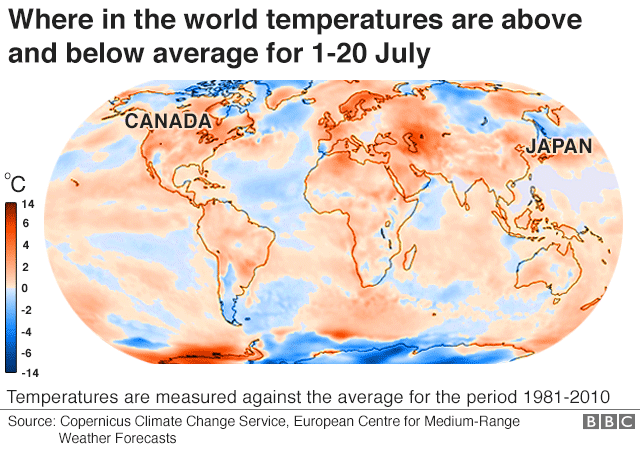- Joined
- Nov 28, 2011
- Messages
- 23,260
- Reaction score
- 18,246
- Gender
- Undisclosed
- Political Leaning
- Other
lolThe first link, they are speaking of city temperatures, which will dramatically increase with population, due to land use. With that failure of yours, I didn't bother wasting time on the other links.
That's a pretty weak objection. The heat wave is not just hitting Stockholm, it's hitting all of Sweden, including rural and wilderness areas. Water supplies are running low, Sweden is facing the worst drought since 1944, forest fires are rampant...
https://www.nytimes.com/2018/07/19/world/europe/heat-wave-sweden-fires.html


